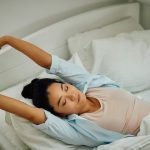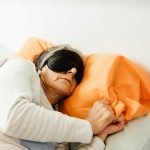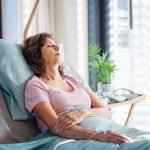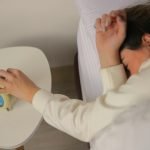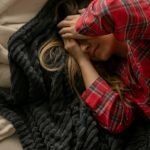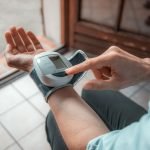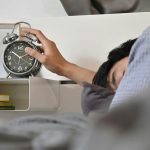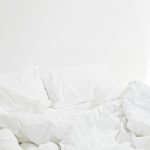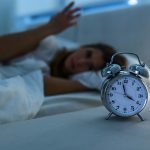Sleep and mental health have a vital link
Recent research has uncovered a significant connection between sleep problems, our body's internal clock (also known as our circadian rhythm), and the development or...
Sleep plays a big role in your dementia risk
Sleep is as vital to our health as eating, drinking, and breathing. It allows our bodies and minds to recharge, leaving us refreshed and...
New way to improve sleep in people with memory loss
A team of researchers from the University of Pennsylvania and elsewhere have shared some hopeful news for people experiencing memory problems and their caregivers.
Their...
How napping influences your heart health
In a world that often celebrates the "always on" lifestyle, the humble nap is sometimes overlooked as a powerful tool for health and well-being.
Interestingly,...
Poor sleep means poor brain health, study finds
Sleep is something we all need, but did you know it's not just about feeling rested? A recent study has shown that how much...
Common blood pressure drug may cause poor sleep
Sleep, an essential human need, is crucial for our health and well-being.
However, sleep deprivation is a common issue, with about one-third of adults in...
Night owls at higher risk of this artery problem, study finds
A study from the University of Gothenburg in Sweden has revealed a strong link between our sleep habits and heart health.
Published in the journal...
Disrupted sleep in 30s and 40s linked to later cognitive issues
New research published in the journal Neurology® by the American Academy of Neurology suggests a potential link between disrupted sleep in middle age and...
Why a drink before bedtime can ruin your sleep
Many people believe that having a drink before bed can help them sleep better.
However, a team of sleep experts and neuroscientists from the E.P....
Scientists find the key to better sleep in hospitals
A study by the University of Surrey and the University of Padova has discovered something interesting about how patients sleep in hospitals.
It turns out...

